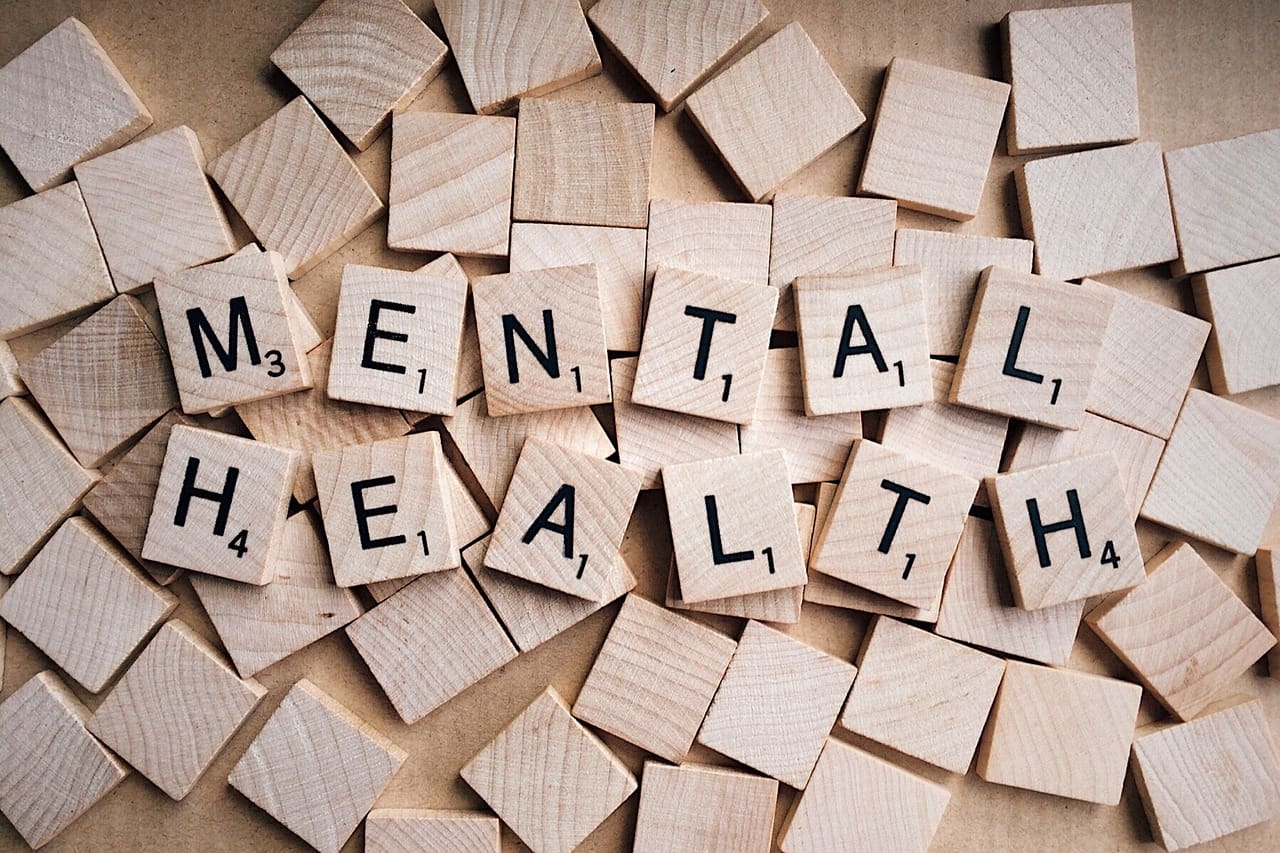Unmasking the Science: The Impact of Stress and Trauma on The Mind and Body
This three-hour interactive course will explore the effects of exposure to traumatic events and chronically high levels of stress. It aims to reduce stigma and encourage access to mental health care, providing a detailed examination of the physiological and psychological impacts of trauma on professionals across industries. By highlighting the neurobiological changes caused by stress and trauma, the course seeks to normalize the use of mental health professionals and peer support teams, illustrating that common psychological issues are simply the result of chemical or physical changes in the brain similar to physical trauma or illness.
Additionally, the program examines how chronic stress and trauma alter neurotransmitters such as cortisol, adrenaline, and dopamine. It also identifies seven common areas of life that affect personal resiliency. By raising awareness of these areas, the course promotes better health and wellness and helps establish healthier personal and professional relationships. Resiliency is presented as a valuable tool for preventing common psychological issues, including suicide prevention.

